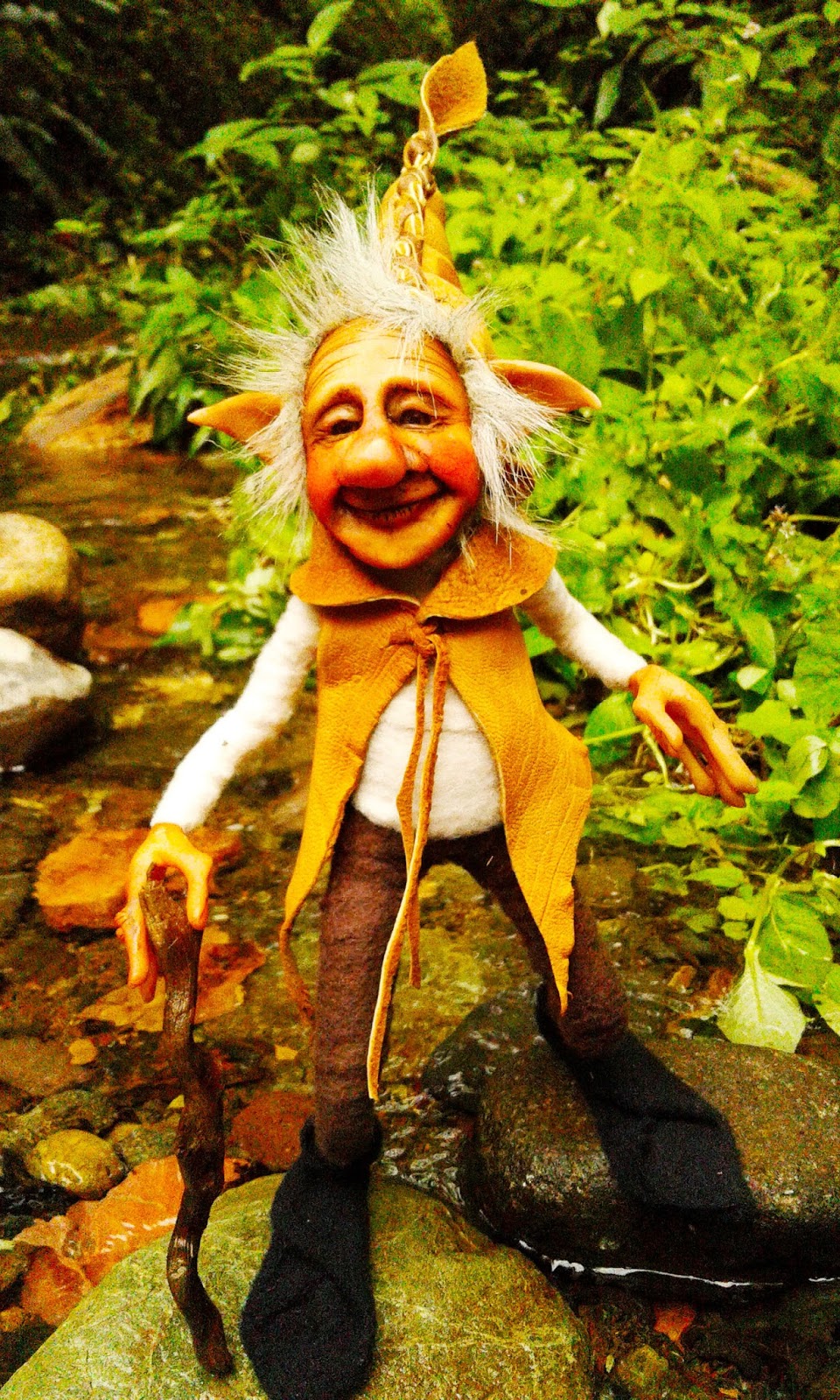

Discovering The Enigmatic World Of Duendes In Mexico
In the rich tapestry of Mexican folklore, few figures are as captivating and mysterious as the duendes. These elusive creatures are often described as small, elf-like beings that inhabit the natural world, from forests to homes. Their presence is deeply woven into the cultural fabric of Mexico, serving as both a source of intrigue and cautionary tales. With origins that blend Indigenous beliefs and Spanish influences, duendes have become symbolic of the magic and mystery that permeate the landscape of Mexican tradition.
While many people may have encountered stories or legends about duendes, the deeper understanding of these beings reveals a complex relationship between humans and the supernatural. They are not merely the whimsical characters of children's stories; rather, they embody the fears and hopes of the communities that tell their tales. In Mexico, duendes are often seen as guardians of the environment, and their actions can reflect the balance of nature and human interaction.
As we delve into the fascinating world of duendes in Mexico, we will explore their origins, characteristics, and the various tales that have been passed down through generations. By doing so, we can gain a greater appreciation for the role these mystical beings play in Mexican culture and how they continue to inspire generations with their enchanting lore.
What Are Duendes and Their Origins?
Duendes are often depicted as small, mischievous creatures that can bring both good fortune and mischief. Their origins can be traced back to a blend of Indigenous and Spanish folklore, with each culture contributing to the rich narrative surrounding these beings. In various regions of Mexico, the characteristics and stories associated with duendes can differ significantly, adding to the allure of their mystery.
How Do Duendes Appear in Mexican Folklore?
In Mexican folklore, duendes are typically described as resembling small humans, often with pointed ears and a mischievous demeanor. They are known to inhabit natural settings like caves, forests, and gardens, but they can also be found in homes, particularly in places where children reside. The tales of duendes often serve as cautionary stories aimed at teaching children about respect for nature and the importance of good behavior.
Are Duendes Considered Good or Evil?
The perception of duendes varies widely; some people view them as benevolent beings that protect children and nature, while others see them as tricksters who can cause mischief or even harm if provoked. This duality reflects the complexity of human relationships with the supernatural. Regardless of their intentions, duendes are often regarded with a mix of fear and fascination.
What Are Some Popular Duende Legends in Mexico?
Legends about duendes abound, and each story adds to the rich tapestry of their lore. Here are a few popular tales from different regions of Mexico:
- The Duende of the Forest: In this tale, a duende is said to guard a hidden treasure in the forest. Those who seek it must prove their worth by respecting nature and showing kindness to animals.
- The Mischievous Duende: This story tells of a duende that plays tricks on children, hiding their toys or causing minor inconveniences to teach them a lesson about responsibility.
- The Helpful Duende: In some regions, duendes are viewed as protectors. One story tells of a duende that helps a lost traveler find their way home, rewarding their kindness to the earth.
How Are Duendes Represented in Mexican Art and Culture?
Duendes have influenced various forms of Mexican art, literature, and music. Artists often depict these creatures in colorful and whimsical ways, reflecting their playful nature while also capturing their enigmatic essence. In literature, duendes appear in children's stories, folk tales, and even poetry, symbolizing the connection between humans and the natural world.
What Role Do Duendes Play in Modern Mexican Society?
Today, duendes continue to hold a significant place in Mexican culture. They are not only a source of entertainment but also serve as a reminder of the importance of tradition and the natural environment. Festivals and cultural celebrations often feature duende-themed activities, allowing new generations to connect with their heritage while keeping these fascinating stories alive.
Are There Any Scientific Explanations for Duende Sightings?
While duendes are rooted in folklore, some have attempted to offer scientific explanations for reported sightings. Psychological studies suggest that experiences with duendes may be linked to cultural beliefs, childhood imagination, and the natural human tendency to attribute agency to unexplained phenomena. Whether as a product of folklore or psychological interpretation, the stories surrounding duendes remain an integral part of Mexican culture.
How Can We Keep the Spirit of Duendes Alive?
To honor the legacy of duendes in Mexico, it is essential to share their stories with younger generations. This can be done through storytelling, artistic expression, and cultural celebrations. Engaging children with the tales of these enchanting beings can foster a sense of wonder and respect for the natural world, keeping the spirit of duendes alive for years to come.
Conclusion: Embracing the Magic of Duendes in Mexico
In conclusion, duendes are a captivating aspect of Mexican folklore that embody the rich cultural heritage of the country. Their stories serve not only as entertainment but also as moral lessons, highlighting the importance of kindness, respect for nature, and the interconnectedness of all living things. As we continue to explore and celebrate the enigmatic world of duendes in Mexico, we preserve a vital part of the nation's identity and the magic that lies within its traditions.
Understanding The Low-Key Meaning: A Cultural Exploration
Discovering The Allure Of Microperfumes: A Comprehensive Review
Unlocking The Secrets Of Monster Tabs: A Comprehensive Guide



